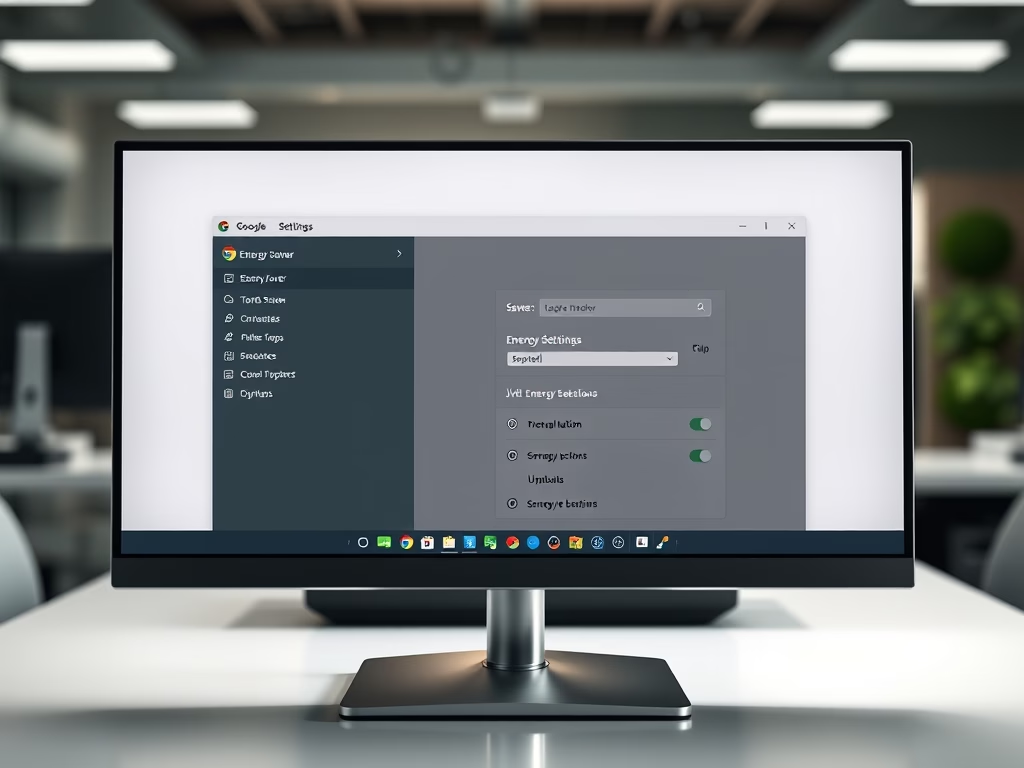Category: Browsers
-

Date:
Use Windows Hello for Faster Credit Card Confirmation
Google Chrome now allows users to use Windows Hello, instead of a credit card’s CVC code, to confirm stored credit cards. This…
-

Date:
How to Turn Google Translate On or Off in Chrome
This article details how to enable or disable Google Translate in Google Chrome. Google Chrome, similar to Microsoft Edge, has a personalized,…
-

Date:
How to Enable Spell Check in Google Chrome
Google Chrome offers a built-in spell checker feature that flags misspelled words as you type, with two options – ‘Basic’ and ‘Enhanced’.…
-

Date:
How to Enable Energy Saver in Google Chrome
This article details how to enable or disable the Energy Saver feature in Google Chrome, aimed at enhancing battery life. Users can…
-

Date:
How to Enable Memory Saver in Google Chrome
This article provides instructions on how to activate or deactivate the “Memory Saver” feature in Google Chrome. This feature enhances the speed…
-

Date:
How to Manage Addresses in Google Chrome
The article outlines how to add or delete addresses stored in Google Chrome, a feature designed for secure, convenient management of credit…
-

Date:
How to Enable On-Device Encryption in Google Chrome
Google Chrome has a new feature called on-device encryption that secures your passwords by encoding them on your device before saving to…
-

Date:
Customize Scrollbars in Microsoft Edge
The article provides a guide on how to enable or disable the “Always show scrollbars” feature in Microsoft Edge, the default browser…
-

Date:
How to Use Windows Hello in Google Chrome
The article provides a guide on how to enable or disable the “Use Windows Hello when filling passwords” feature in Google Chrome.…
-

Date:
How to Enable/Disable Screenshots in Microsoft Edge
The article outlines methods for enabling or disabling the ‘Save screenshots for site for History’ feature in the Microsoft Edge browser. The…